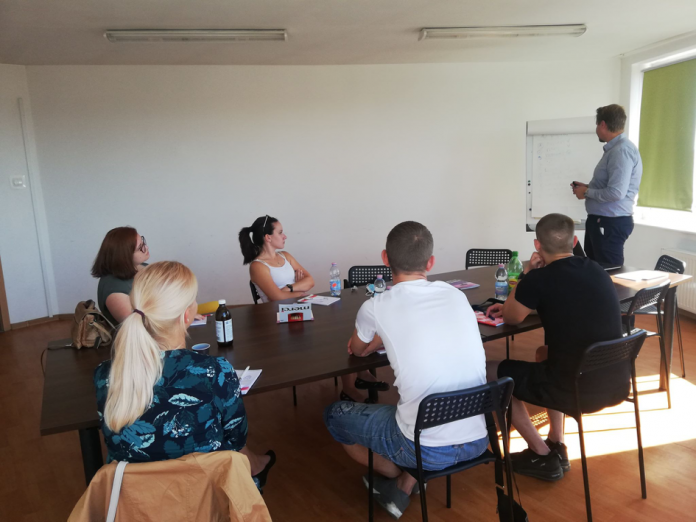NEETs usually have various types of dysfunctions, such as difficult life situations, family problems, financial problems, widely understood mental disorders – all these factors are described in the scientific literature as elements of social deficits. Social deficits related to NEETs are generally understood as all dysfunctions hindering their functioning in society. Thus, defining social deficits in this case, might be a little different from the usual definition. Social maladjustment is not explicitly defined in the literature. It is a social phenomenon that psychologists, pedagogues, sociologists and lawyers are interested in and define differently. Depending on positions and views on the aetiology, manifestation and motivation of social maladjustment, it is interpreted differently.
Working with NEETs is a complex and ambiguous process, because of its multifaceted and at some points, even divergent nature. The theory and practice of interventions towards socially maladjusted individuals and those at risk of exclusion due to widely understood educational derailment, is a very dynamic process, where it is difficult to select effective methods of interventions. NEETs are individuals with increased difficulties in adapting to social, moral and legal norms, resulting in their personality condition and their antagonistic-destructive attitude towards social expectations.
Working with NEETs must therefore be understood as re-socialisation, i.e. re-socialisation of the socially deficits individual, in order for him/her to function correctly in the society. It is worth noting that people displaying the social maladjustment syndrome have features of psychological discomfort.
Individual work with the charges of SEPAL WISE POLAND was aimed at support, motivation to improve behaviour and possible correction of inappropriate behaviours. The purpose of this activity was to induce intended changes in the mentee’s personality. The changes are to involve not only the cognitive-instrumental side, but also the emotional-motivational side, which consists in shaping in NEETs, a new attitude towards the world and people, as well as his/her beliefs and attitudes, system of values, and most of all, the purpose of life. This process is difficult and recquires long-term actions, especially if it concerns a maladjusted person. Working with NEETs is extremely fascinating and very interesting.
PhD Paweł Radziszewicz


